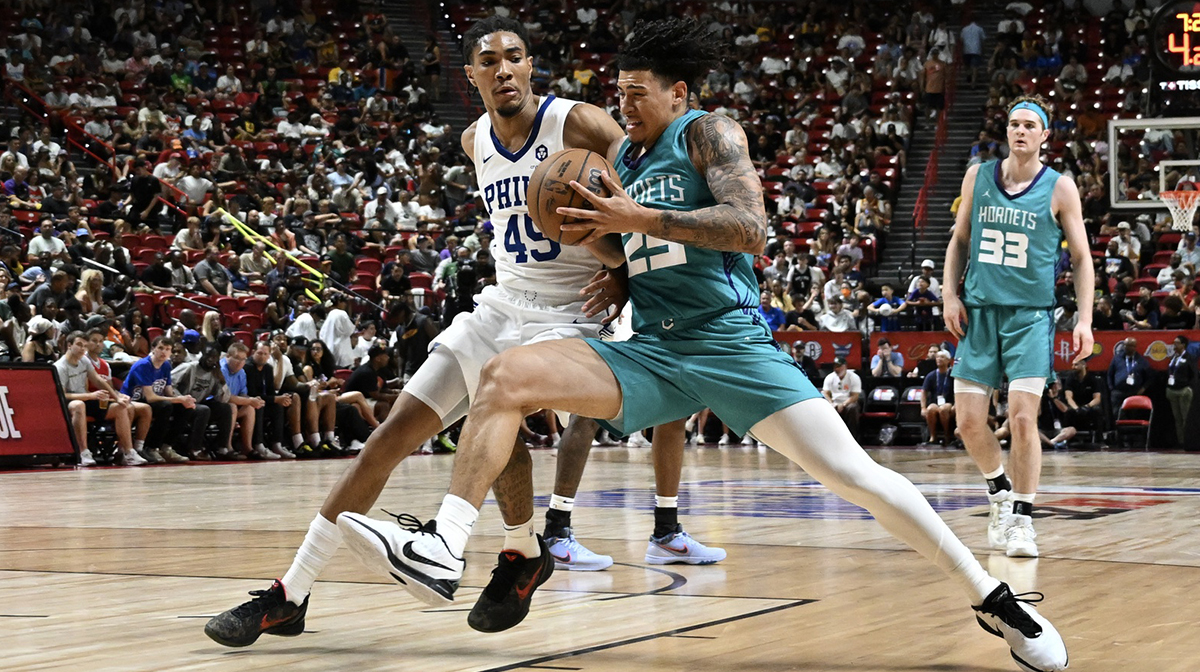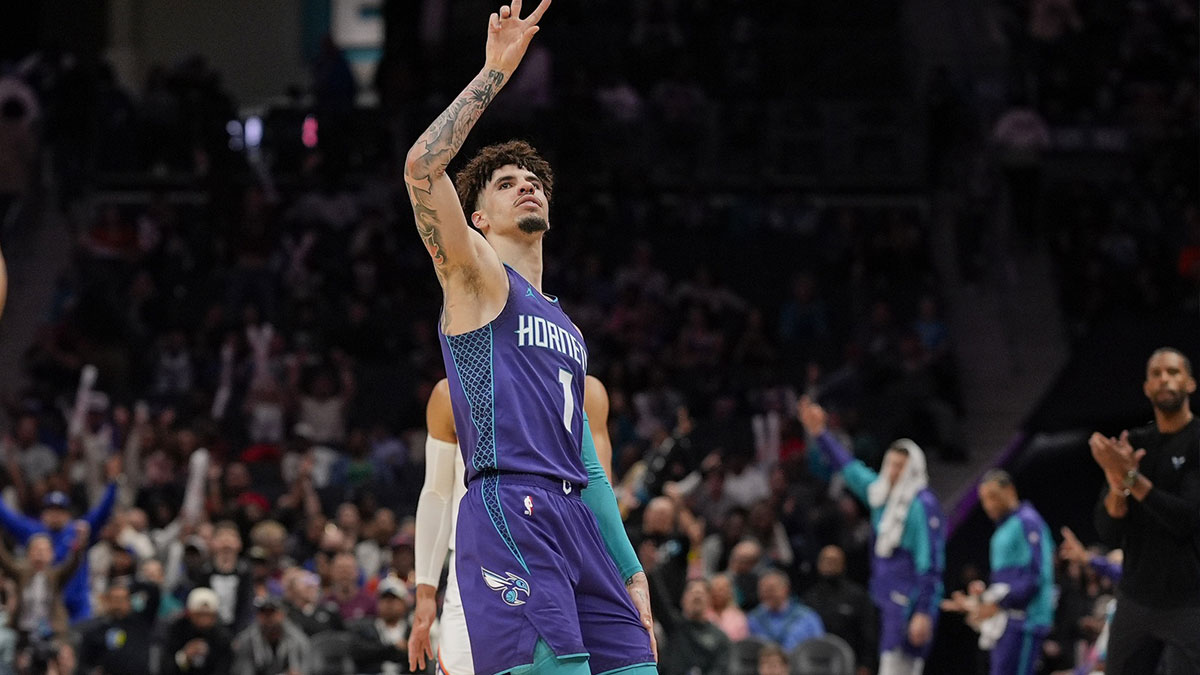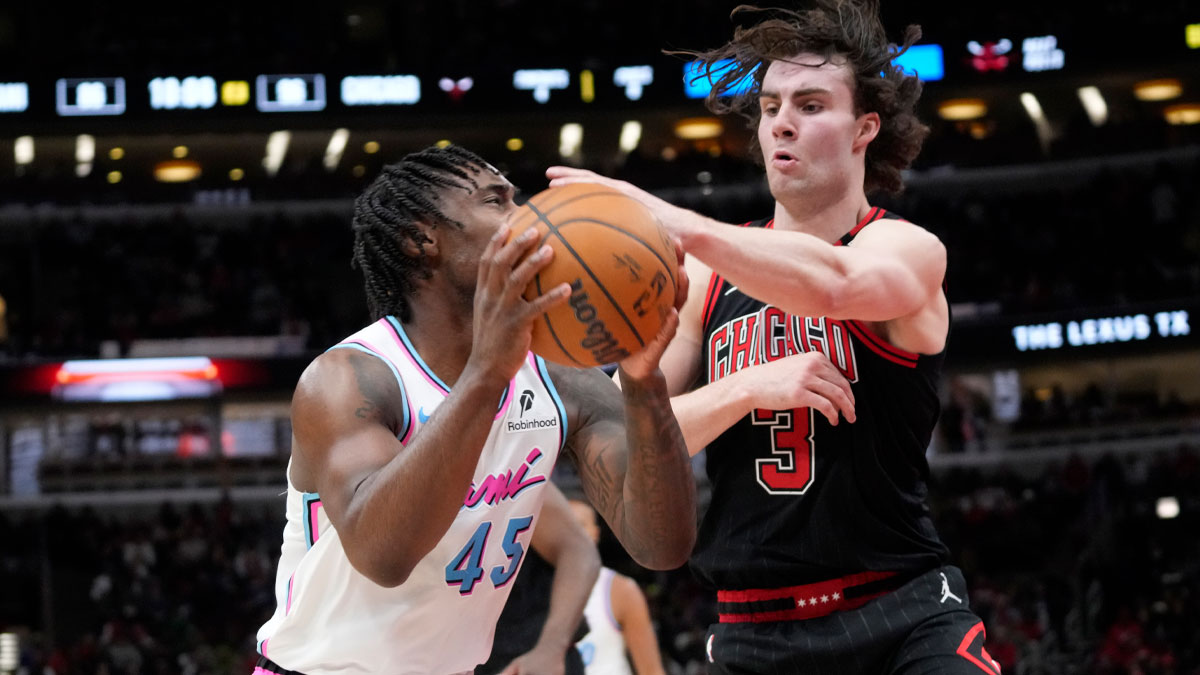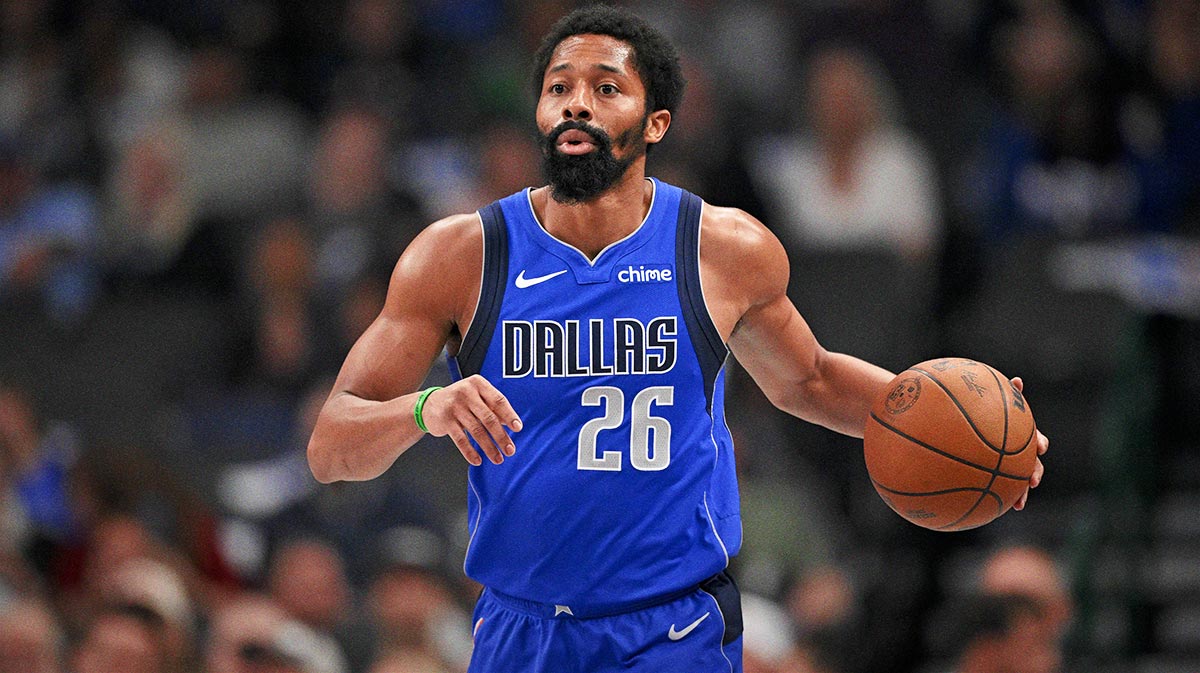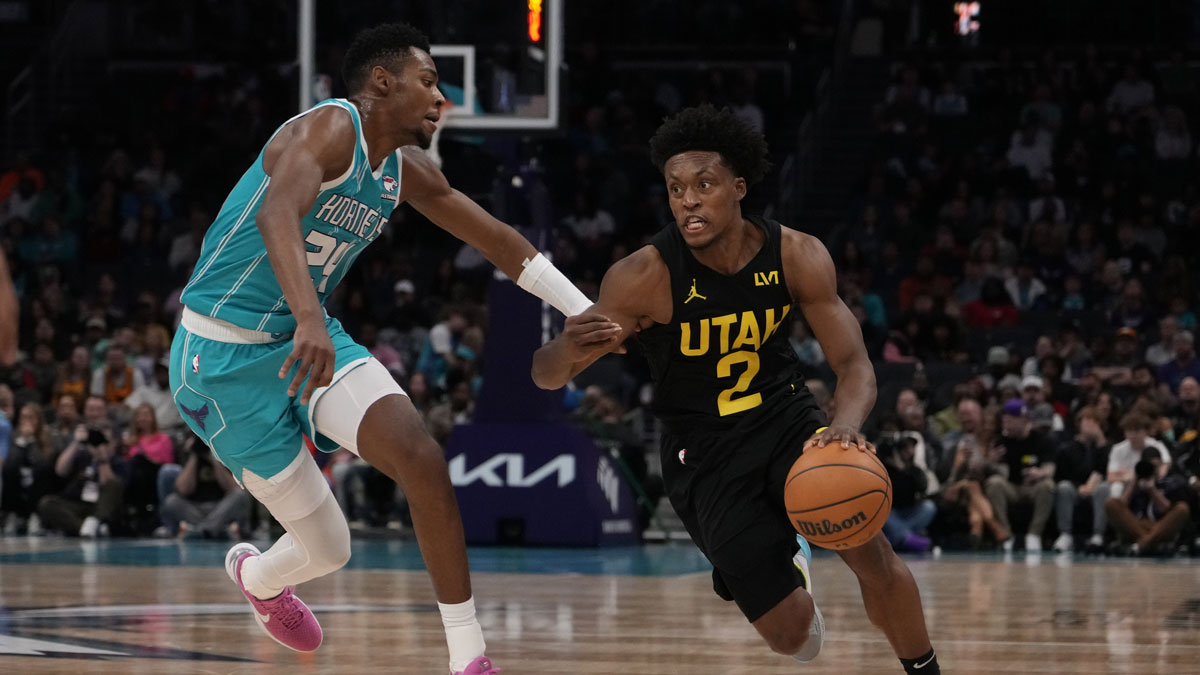It seems as though Charlotte Hornets owner Michael Jordan is not a fan of load management. In fact, the six-time champion has apparently told his players that they are “paid to play 82 games.”
The increased debate on load management stems from the Clippers' decision to rest Kawhi Leonard for Wednesday night's nationally televised matchup against Giannis Antetokounmpo and the Milwaukee Bucks. Some were fine with LA's decision, while others were not.
Magic head coach Steve Clifford, who once coached the Hornets, does not seem to be a fan of load management. He says he inherited this belief from Jordan:
“Our guys aren’t used to sitting on the second game of a back-to-back.… We’re not sitting guys just to sit,” Clifford told Stefan Bondy of the New York Daily News. “For me, my background frankly, it all goes back to expectations. Being with Michael (Jordan) in Charlotte, Michael used to tell them every year, you’re paid to play 82 games.”
Clifford kept going:
“I’ve been doing this for 20 years and playing 82 games used to be a badge of courage for a lot of guys,” Clifford said. “There were always a lot of guys who didn’t want to play. They stood out more.”
It should come as no surprise that Jordan would be against load management, as he was one of the more durable players the NBA has known. In fact, he played 82 games in nine seasons and averaged 38.3 minutes per game over the course of his career. And let's not forget about that Flu Game.
Jordan did miss almost all of his second season due to a foot injury and also retired twice only to come back before retiring for good at the age of 40. Still, MJ has always been lauded for his toughness and insane drive to win at all costs.
To be fair, though, players are a bit more active throughout their upbringing these days. Often times, young prospects play all year long on various AAU teams. That's not to say players of old were lazy. Things are just different in this era.
In the end, load management seems to be a trend that's here to stay. However, the debate of whether or not it's necessary will likely rage on.




